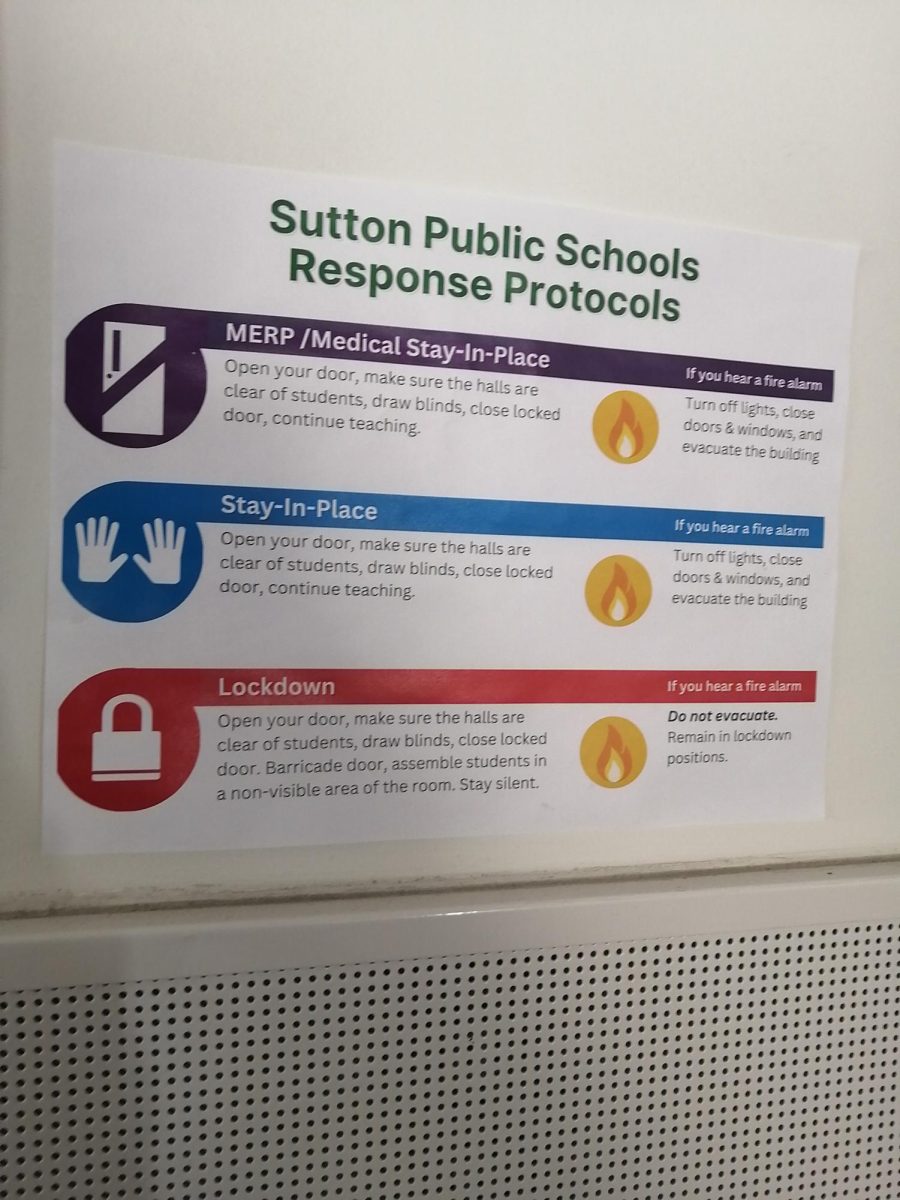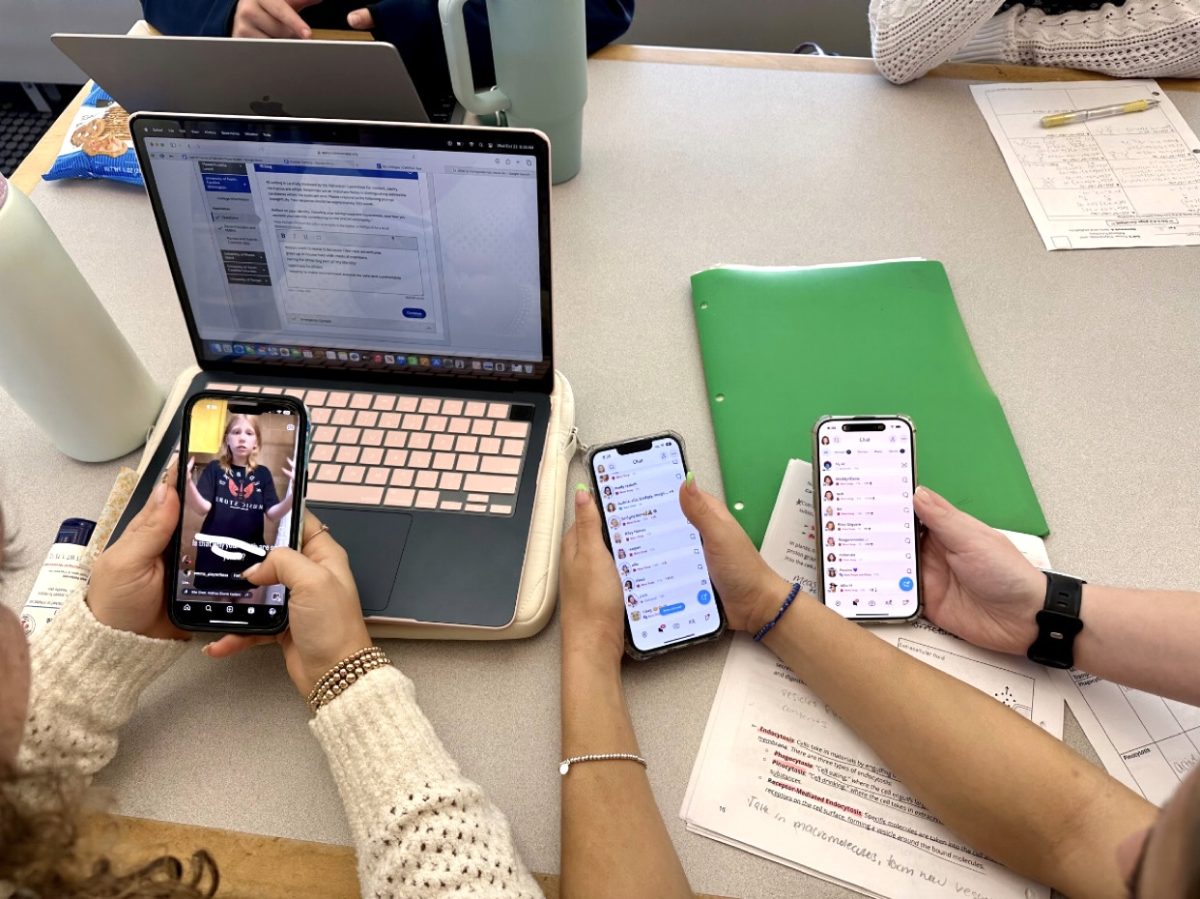How Old Should Kids Gets Mobile Phones
A kid having a phone should not be something to obligate happen at a young age.
January 21, 2022
How old should a kid be before getting a phone? In 2015, 11% of eight-year-olds owned a smartphone. In 2019, that percentage went up to 19%.
Now, most kids receive a phone between the ages of 12-13, but you can also determine the age a kid should get a phone by how responsible and caring they are for their items. If a kid does not have a sense of responsibility, that’s a red flag that they don’t deserve a phone yet – which is fine.
One popular belief is most people give their kids a phone at least 14-16 years old. Phones should not just be used for entertainment; that is not its main purpose. For many teens, getting their phones is a sign of independence. Having a phone is not only a status symbol amongst your friend group, but it also proves how responsible you are. Phones should be used to contact people, but everyone understands that you can’t just use your phone just to talk to your family only. That’s just common sense.
There are some pros to giving a child a phone at a young age. Many teachers are starting to use educational apps to teach their lessons. These apps are accessible to students with a mobile device and allows them to continue their work outside of school on the go. This will allow students to not only stay ahead in class but also allow them to learn at their own pace.
But how often will children use their phones for “educational purposes”?
There are many cautions with having phones, saying social media is a huge part of our life. There are going to be people who will try to bring you down and say negative things maybe through messages or a post online. Kids deal with a lot of cyberbullying, and this can lead to a very deprived mental state and kids should not have to deal with that just to use their phones. Kids can also become very addicted to their phones, which will lead to a kid being in their room more and less talkative to their family.
We’ve known for years how toxic social media can be on young minds, but Facebook whistleblower Frances Haugen has provided information on just how bad social media has gotten to be, and how their owners try to cover it up. Social media is especially toxic for young girls, as it provides a sense of false reality and upsetting body image ideology that can follow them into adulthood – and overall change their physical and mental status for the worse.
In documents found by the Wall Street Journal, a presentation had the following message from a Facebook message board: “32% of teen girls said that when they felt bad about their bodies, Instagram made them feel worse … Comparisons on Instagram can change how young women view and describe themselves.”
Also, posting online is very dangerous for your future sometimes. If you were to post something online and it’s very offensive or maybe your whole page is offensive. Whatever business you’re applying for while searching you up immediately and try to see if you have anything offensive to your name. So if they search you up and find offensive Instagram or Twitter posts, you’re losing a job right there. Just ask Alexi McCammond. Cancel culture is at an all-time high lately, so it is best to think twice before making that tweet or posting that photo on Instagram. You never know who is keeping track of those things.
The threat of potentially losing a job or losing one mental state should be enough to push back the age of receiving a smartphone. You put a lot at risk if you allow children at such a young age to have a phone. They are at the age where innocence is taken advantage of when it comes to social media, and a way to prevent any of that from happening would be to give the phones at a later age until they can prove how mature and responsible they are. It is a dangerous world out there, to begin with, and adding smartphones into the mix will only add to the damage.



































William Sawicki • Jan 25, 2022 at 11:53 am
The use of devices, like phones, has been dramatically increased due to covid. Because of this, more children now than ever are getting phones.